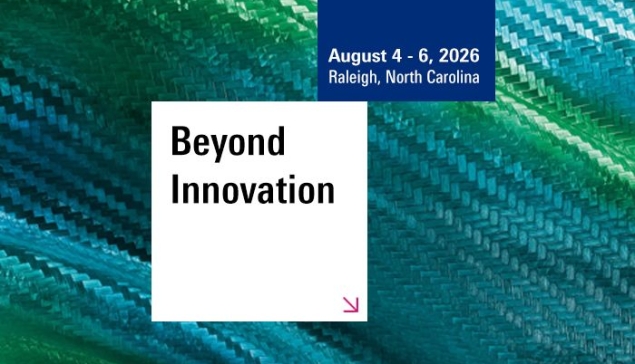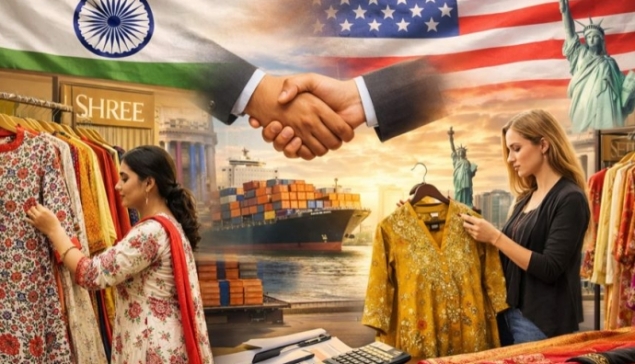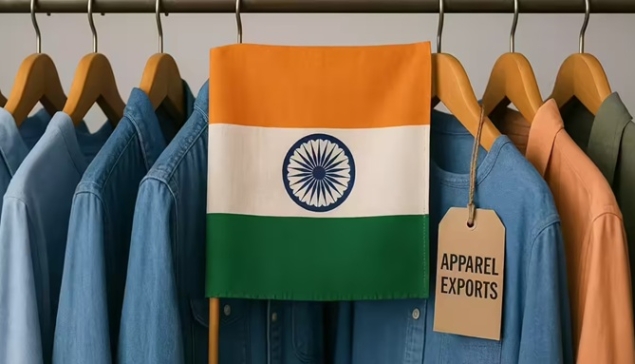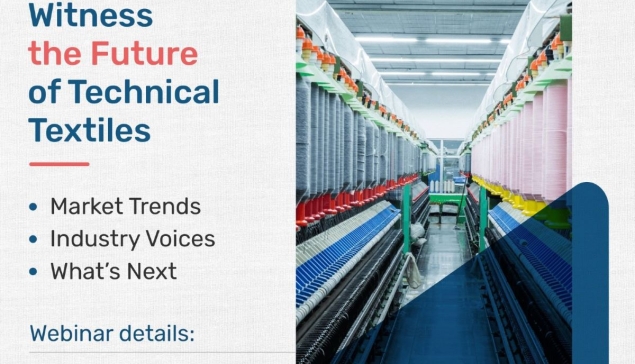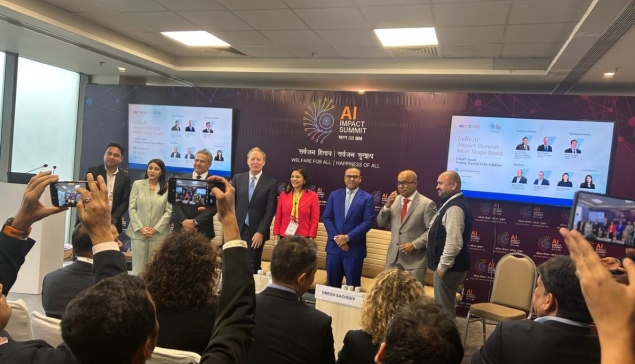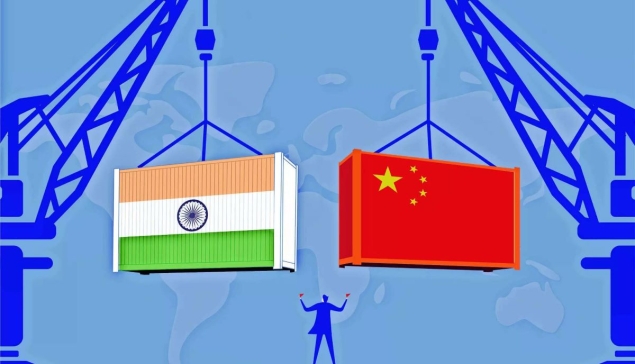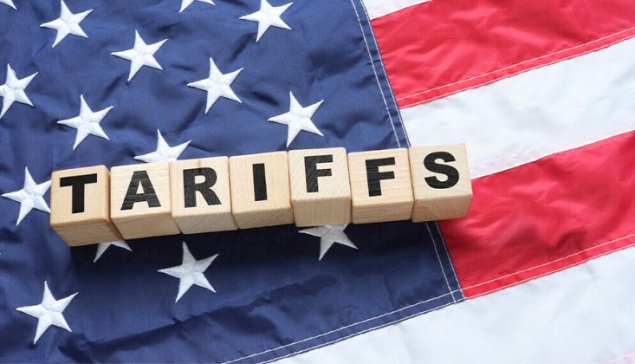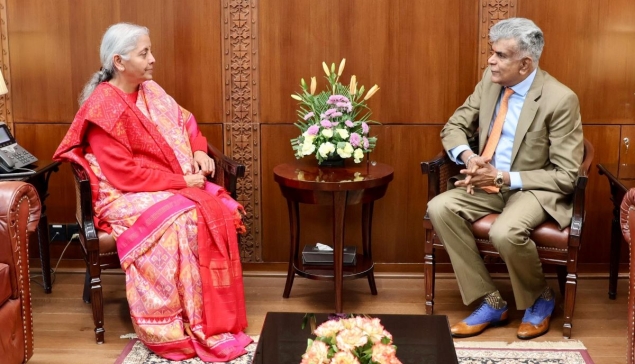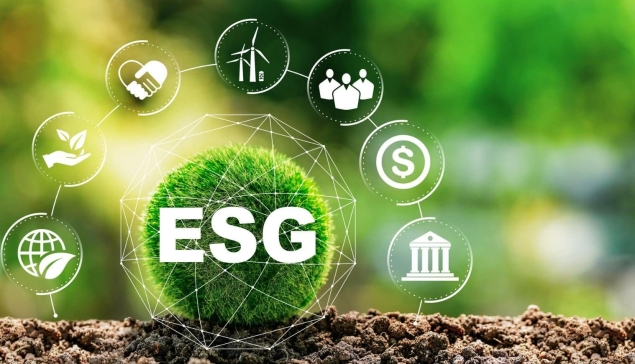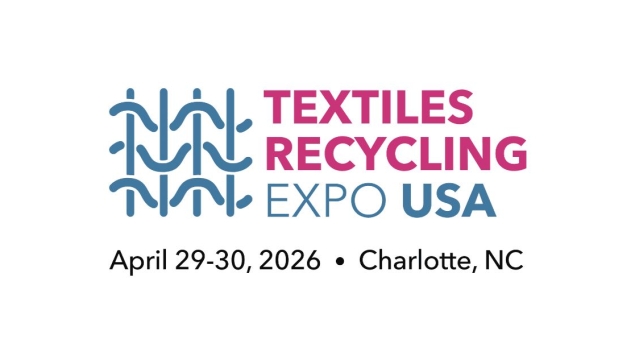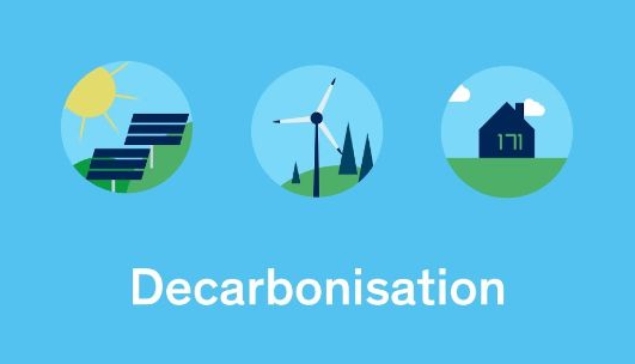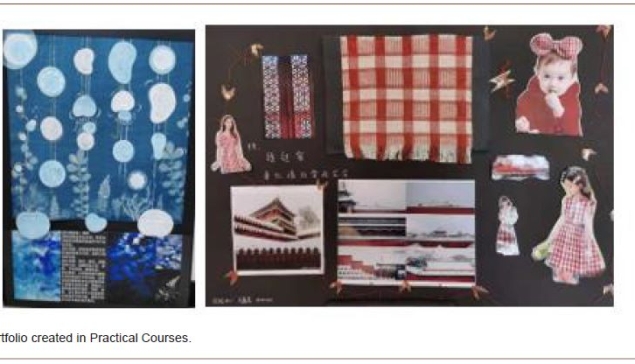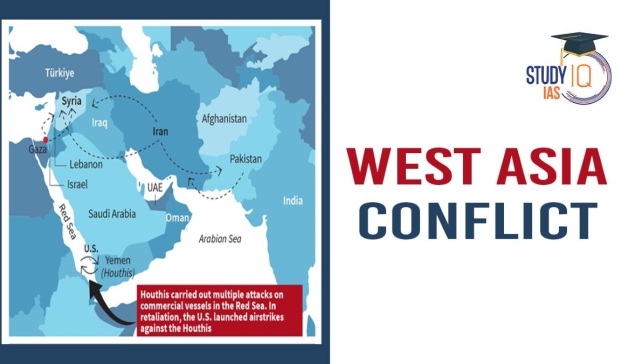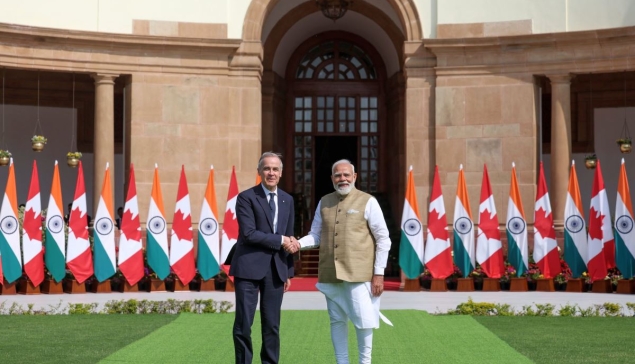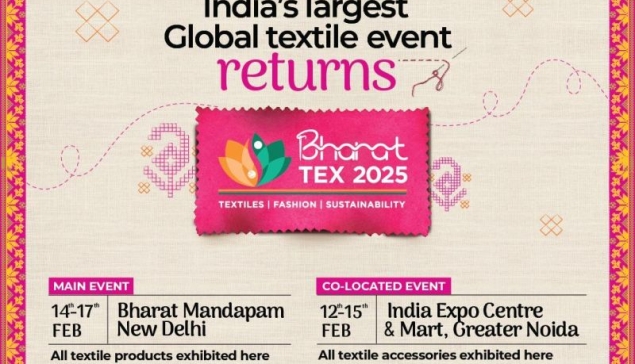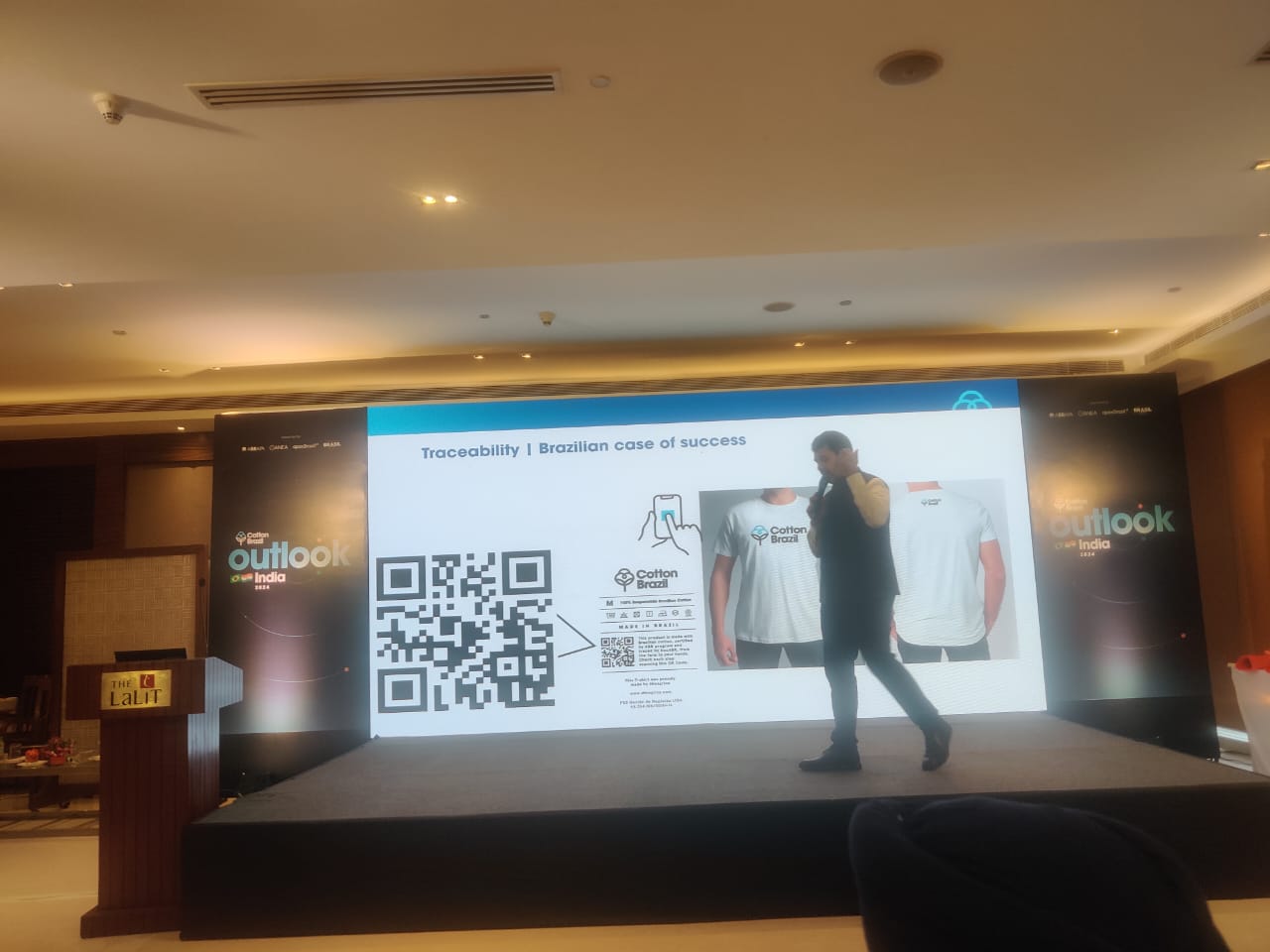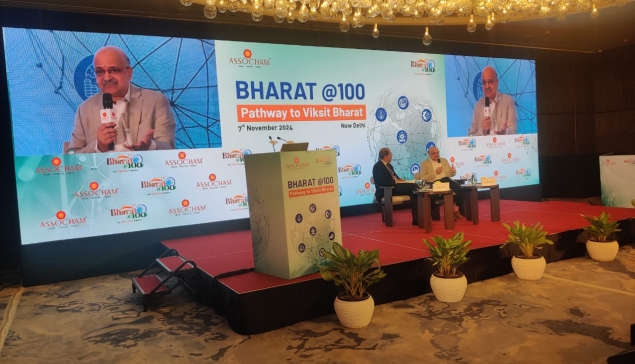"Representatives from ABRAPA (Brazilian Cotton Growers Association) presented at Lalit, New Delhi, dated 13-09-2024 advocating for Brazil's cotton industry to be recognized as a leader in sustainable cotton production."
Join our group
One of the most crucial pieces of cotton sustainability is exciting prospects is traceability. Of course, we're working across a whole range of indicators and initiatives in sustainability. But traceability we see as being a vehicle that is going to help us to be able to tell the real story of farming, to be able to let consumers and public opinion understand exactly what is being done, the great efforts that are being made at farming level, to be more sustainable environmentally, of course,
but also socially.
Art & science; Brazilian cotton will continue to evolve in quality, transparency, and sustainability. This is our commitment.
Count on cotton Brazil. Together we grow for a better future.
We are proud to announce that more than 90% of our energy comes from clean sources. So the energy for Gining and most of our operations comes from clean sources.
And farmers are also installing their solar panels. We do no-till, we do integrated pest management. We use land very efficiently, especially with double crops, as Anil said, double cropping. Digital daytime precision agriculture, every single farm, they have digital agriculture in place.
Now most equipment, machinery, satellites, GPS, verify and certified by a third party. I'll discuss more about that, so we have certification. It's a deep set, we have a certification department. And we have transparency through the entire cotton journey as of today.
The certification number used to be 84, now it's 80 because we're increasing our production. So new farmers are not 35, but it's still a very significant number. So 80% of our production is better cotton.
And that pretty much, I would say 100% of our export of cotton would be better cotton. Because as you know, 25% of the cotton we produce stays in Brazil. So 80% is good for Brazil in a very good position when it comes to certified cotton.
100% of the farms that are certified are audited every year by independent auditors. We have a pale tank if you're familiar with Brazil and cotton. So the pale tanks have a QR code, have a barcode.
And with this number, you can check the information bale by bale online. We know, we still need to evolve in a way that we supply official Abrapa report with.
What works well for us; With the HVI data, most of the trade is done with independent HVI, so we have, each merchant has its own HVI report, so we want to unify and have one, but until we have that, you can check the results online.
you put the Beotec number, you can check if the results that you're getting match with the results that are in our database. So that makes you, makes in our transparency commitment much more strong.
You can also get, besides quality, information about sustainability, if the farm or the Beotec is ABR, which is our Presida Certification, or BCI, and also where that cotton was produced, what gene, and what farm.
You put the Beotec number, you can check if the results that you're getting match with the results that are in our database. So that makes you, makes in our transparency commitment much more strong. You can also get, besides quality, information about sustainability, if the farm or the Beotec is ABR, which is our Presida Certification, or BCI, and also where that cotton was produced, what gene, and what farm.
Digital transformation driving the growth
So we have that information for more than 80% of our base, not for 100%, because we can only share information. from farmers that agree that this information is shared, so not every farmer agreed, but only 80% of that is already in our database also we have to add that besides providing traceability using a Brahma's Bayo ID tag from the farmer to transport, we are also developing tools using a blockchain platform to make it possible to trace cotton from you know to the retailer.

